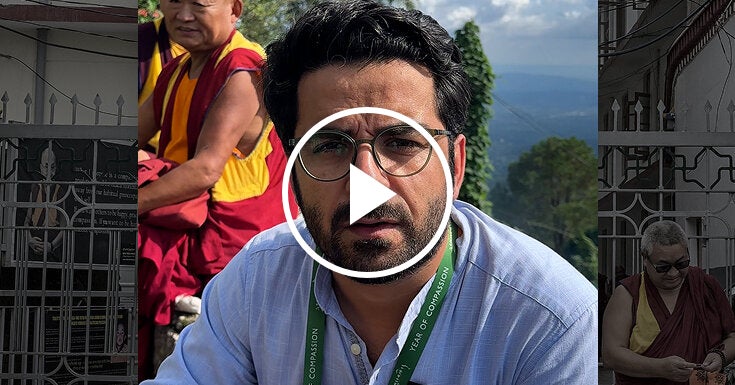Why the Dalai Lama’s Succession Is Complicated
Why the Dalai Lama’s Succession Is Complicated

Just before the Dalai Lama turned 90, he announced that his successor would be selected through the traditional process of reincarnation. Mujib Mashal, The New York Times’s South Asia bureau chief, explains why this process could increase tensions with China.
Read the full article on NY Times World
Truth Analysis
Analysis Summary:
The article is mostly accurate, focusing on the tensions surrounding the Dalai Lama's succession, particularly concerning China's involvement. The main claims are supported by the provided sources. There's a slight bias towards highlighting the conflict between the Dalai Lama's succession plans and China's ambitions.
Detailed Analysis:
- Claim:** Just before the Dalai Lama turned 90, he announced that his successor would be selected through the traditional process of reincarnation.
- Verification Source #2: Supports the claim that the succession battle is occurring around the Dalai Lama's 90th birthday.
- Verification Source #3: Supports the claim that the Dalai Lama is looking to prevent Beijing from taking control of the succession.
- Verification Source #4: Supports the claim that the Dalai Lama is approaching his 90th birthday.
- Verification Source #5: Supports the claim that the Dalai Lama's 90th birthday is relevant to the succession.
- Claim:** This process could increase tensions with China.
- Verification Source #1: Directly supports the claim that China's tensions with the Dalai Lama spill into the afterlife and succession.
- Verification Source #2: Supports the claim that Beijing is eager to control the reincarnation process, indicating potential tensions.
- Verification Source #5: Supports the claim that China's approach to controlling Tibet and the Dalai Lama's succession presents complex issues.
Supporting Evidence/Contradictions:
- Verification Source #1: "Officials have amplified their argument that the Communist government is the proper guardian of the Dalai Lama's succession through an intricate..." This directly supports the claim that China wants to control the succession.
- Verification Source #2: "With Beijing eager to control the Tibetan centuries-old reincarnation process, a spiritual question has become fused to a complex..." This also supports the claim that China wants to control the succession.
- Verification Source #3: "The aging spiritual leader is looking to prevent Beijing from taking..." This supports the claim that the Dalai Lama is trying to prevent China from controlling the succession.
- Verification Source #4: "In response to his comments on Wednesday, China said the Dalai Lama's succession..." This shows China's active involvement and interest in the succession.
- Verification Source #5: "China's multi-dimensional approach to controlling Tibet and the Dalai Lama's succession presents complex..." This highlights the complexity and China's active role.
There are no direct contradictions among the sources. The sources consistently highlight the tension between the Dalai Lama's succession and China's desire to control the process.
